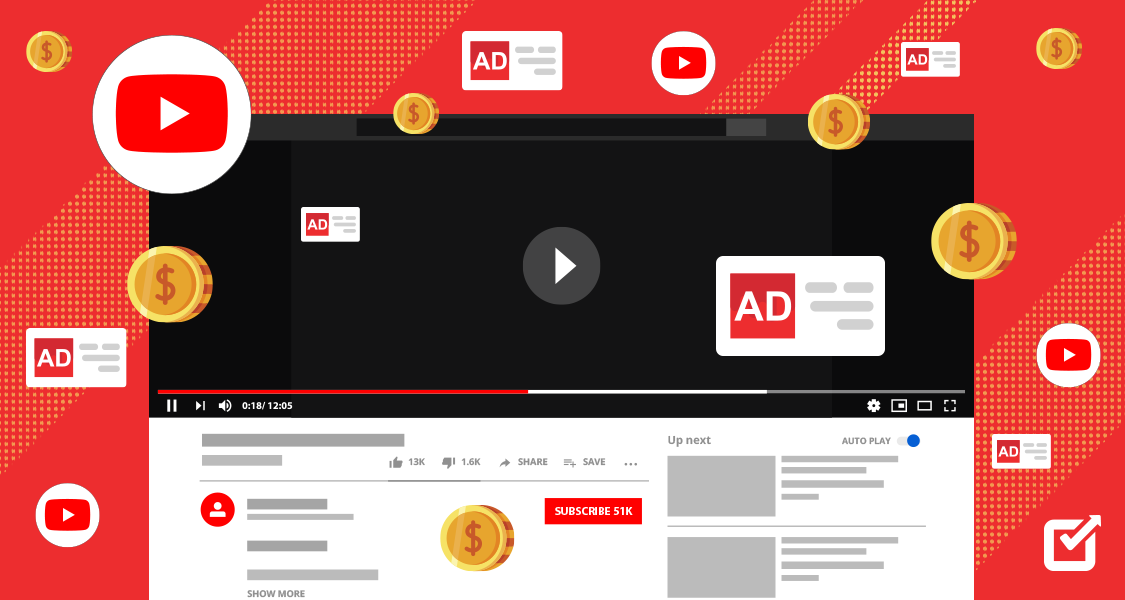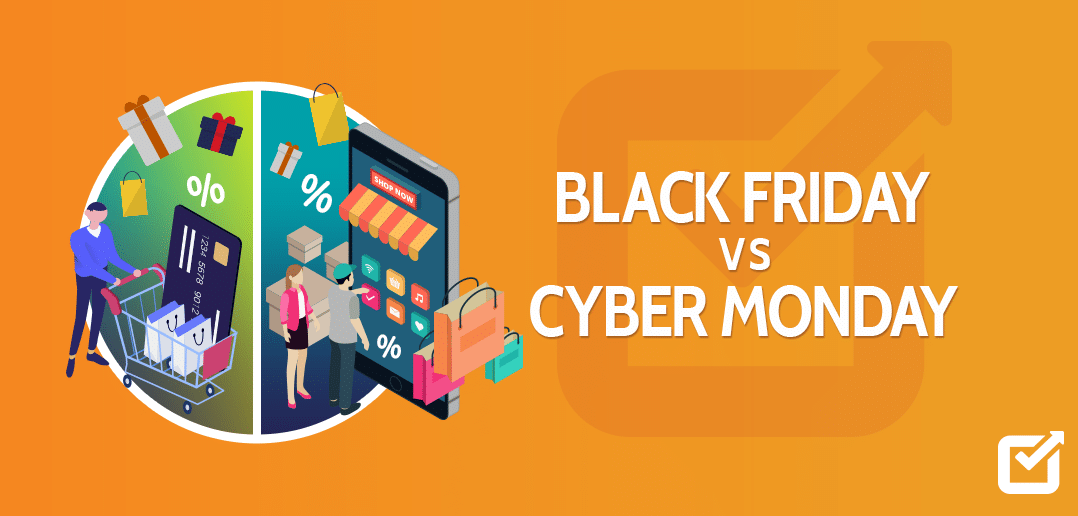Did you know that 88% of consumers turn to online reviews to gauge a brand’s reputation before purchasing?
Imagine discovering that a single negative comment, filled with frustration or disappointment, has gone viral!
It would definitely tarnish your brand’s image and affect your bottom line!
Considering this, you need to manage your brand’s online reputation.
This is where social media reputation management comes in.
Social media reputation management involves monitoring and influencing your brand’s perception on various platforms.
It requires you to proactively address issues before they escalate.
But how do you stay on top of all brand perceptions?
Well, social listening tools can come in handy!
In this guide, we’ll share a list of tools and strategies that you can leverage for improved social media reputation management.
Let’s start!

Take Control of Your Online Narrative!
Social Champ’s social listening helps you stay on top of conversations about your brand. Respond quickly and build trust with your audience with Social Champ!
Signup Now!
Short Summary
- Social media reputation management is about monitoring and influencing how people perceive your brand online.
- It involves listening to customer feedback, responding to comments and reviews, and creating a positive overall image.
- It builds trust with customers by showing you care about their feedback.
- It can also Increase brand visibility through positive word-of-mouth spreading online.
- Reputation management can also sway consumer decisions as people research brands before buying.
- It also provides insights into customer preferences to improve your products or services.
- It further helps you manage crises by minimizing the damage of bad publicity with a proactive approach.
- Some key strategies for managing your social media reputation include regular monitoring, personalized responses, and transparency.
- There are also tools available to help you manage your social media reputation, such as Social Champ, Mention, Brandwatch, and Talkwalker.
What Is Social Media Reputation Management?
Social media reputation management refers to monitoring and influencing a brand’s public perception across various social media platforms.
It involves actively listening to what is being said about your brand online, responding to feedback, and engaging with your audience.
The main goal of reputation management is to build and maintain a positive image.
At its core, social media reputation management requires a proactive approach.
This means responding to negative comments or reviews, anticipating potential issues, and addressing them before they escalate.
By regularly monitoring social media channels, brands can quickly identify and respond to emerging trends, concerns, or feedback.
This proactive engagement helps mitigate the impact of negative incidents.
It also demonstrates to your audience that you value their opinions and are committed to addressing their concerns.
Featured Article: The Benefits of Taking a Social Media Break: Why You Should Unplug
Why Social Media Reputation Management Is Important
Social media reputation management has become vital to any successful business strategy.
Here, we explore the key reasons why managing your social media reputation is essential for long-term success and credibility.
Building and Maintaining Trust
One of the most significant benefits of social media reputation management is building and maintaining trust with your audience.
Consumers increasingly use social media to share their experiences and seek advice.
When you actively manage your online reputation, you show that you are attentive to customer feedback and committed to addressing their concerns.
This level of engagement fosters trust and loyalty, making customers more likely to support your brand and recommend it to others.
Enhancing Visibility and Reach
A positive social media reputation can dramatically improve your brand’s visibility and reach.
Engaging positively with your audience and encouraging satisfied customers to share their experiences can increase positive reviews and recommendations.
This increased visibility attracts new customers and strengthens your brand’s presence in the market.
On the other hand, ignoring negative comments can lead to a tarnished reputation, driving potential customers away.
Influencing Consumer Decision-Making
Consumers often research brands online before making purchasing decisions.
A well-managed social media presence, filled with positive interactions and satisfied customer reviews, can significantly influence these decisions.
If potential customers encounter unresolved complaints or negative feedback, they are likely to opt for a competitor.
By ensuring that your online reputation is positive and addressing any issues promptly, you can sway consumer decisions in your favor.
Gaining Insights
Effective social media reputation management provides insights into customer sentiment and preferences.
You can gather real-time feedback on your products or services by monitoring social media platforms.
This feedback allows you to identify areas for improvement and adapt your strategies accordingly.
Understanding what your customers value and expect helps you tailor your offerings to meet their needs better.
This ultimately leads to increased satisfaction and loyalty.
Mitigating the Impact of Crises
A social media reputation management strategy is crucial in the event of a PR crisis or negative publicity.
In fact, swift and appropriate responses can mitigate the damage and maintain customer trust.
When you have a reputation management strategy ready, you can easily address issues head-on and demonstrate your commitment to resolving the problem.
This proactive approach can prevent a crisis from escalating and irreparably damaging your brand’s reputation.
Establishing Credibility and Authority
Consistently engaging with your audience and showcasing positive customer experiences can enhance your brand’s credibility and authority.
You position your brand as a reliable and customer-centric entity by addressing concerns, sharing valuable content, and highlighting customer testimonials.
This attracts more customers and sets you apart from competitors, establishing your brand as a leader in your industry.
Featured Article: Social Media Groups You Should Know About in 2025
Key Strategies for Social Media Reputation Management
Effective social media reputation management is essential for maintaining a positive brand image and building trust with your audience.
Let’s look at some key strategies that can help you maintain a positive social media reputation in the long run.
Regular Monitoring
Regular monitoring involves monitoring all social media channels for mentions, comments, and reviews about your brand.
You can use social media listening tools to track and analyze these interactions in real-time.
You can promptly address any issues or negative feedback by staying informed about what is being said.
Regular monitoring also helps you identify trends and gauge public sentiment towards your brand.
This way, you can make informed decisions about bettering your products or services.
Brand Localization
Brand localization means adapting your brand’s content and messaging to resonate with local audiences in different regions.
This strategy involves understanding cultural nuances, language preferences, and regional trends to create relevant and relatable content.
Localizing your brand can build stronger connections with diverse audiences.
This way, you can enhance customer satisfaction and improve your brand’s reputation in various markets.
Tailoring your approach to fit local contexts demonstrates respect and commitment to your audience’s unique needs and preferences.
Content Curation
Content curation is selecting and sharing high-quality, relevant content from various sources to engage your audience.
By curating valuable content, you position your brand as a knowledgeable and reliable resource in your industry.
This strategy involves sharing industry news, expert opinions, user-generated content, and other informative pieces that align with your brand values.
Effective content curation keeps your audience informed and engaged.
It also builds your brand’s credibility and authority.
Staying Transparent
Transparency is crucial in building and maintaining trust with your audience.
This means being honest and open about your brand’s practices, values, and any issues that may arise.
So, when mistakes happen, acknowledge them, apologize, and provide clear information about your steps to resolve the issue.
Transparent communication fosters trust and loyalty, showing your audience that you value their concerns and are committed to ethical practices.
It also helps mitigate negative incidents’ impact on your brand’s reputation.
Consistent Engagement
Consistent engagement involves regularly interacting with your audience on social media to build strong relationships and maintain a positive image.
This includes responding to comments, conversing, and sharing engaging content.
By using tools like a social media scheduler, you can plan and maintain a steady stream of posts, ensuring that your brand remains active and visible.
Consistent engagement shows that you are attentive and responsive to your audience’s needs.
This fosters a sense of community and loyalty around your brand.
Featured Article: Most Popular Social Media Platforms: What’s Working in 2025?
Tools for Social Media Reputation Management
Managing your social media reputation effectively requires the right tools.
These tools help monitor, analyze, and engage with your audience, ensuring that your brand maintains a positive image.
Below, we explore some of the top tools for social media reputation management.
Social Champ
Social Champ is a social media management tool that enables you to schedule posts, track performance, and engage with your audience.
It also comes with a social listening tool that works wonders for reputation management.
You can use it to monitor mentions across all platforms, identify both praise and criticism and respond swiftly to maintain a positive brand image.

A snapshot of Social Champ’s Social Listening tool Plus, Social Champ also provides analytics to help you gauge the audience’s interactions with your brand online.
You can also use its sentiment analysis tool to determine whether your posts have the right tone for your audience.
This helps you adjust your strategy for better engagement and reputation management.

A snapshot of Social Champ’s Sentiment Analysis tool

Fine-Tune Your Reputation Management Strategy With Social Listening!
Discover what people are saying about your brand online. Listen in on conversations and respond promptly with Social Champ’s social listening.
Signup Now!
Mention

mention’s homepage Mention is a monitoring tool that tracks your brand’s mentions across social media platforms, blogs, forums, and news sites.
It provides real-time alerts and detailed analytics, helping you stay on top of what is being said about your brand.
With Mention, you can quickly respond to both positive and negative feedback, ensuring that your brand remains engaged and responsive to your audience’s needs.
Brandwatch

Brandwatch’s homepage Brandwatch offers advanced social listening and analytics capabilities, enabling you to monitor conversations about your brand in real-time.
It provides deep insights into consumer sentiment, trends, and competitive analysis.
Brandwatch’s sophisticated data analysis tools help you understand the broader context of discussions about your brand.
It allows you to make informed decisions and strategies for reputation management.
Talkwalker

Talkwalker’s homepage Talkwalker is a social media analytics and monitoring tool that helps you track mentions of your brand across various online platforms.
Its powerful AI-driven analytics provide detailed insights into public sentiment, engagement trends, and the effectiveness of your social media campaigns.
Talkwalker’s real-time monitoring capabilities allow you to respond quickly to any issues, ensuring that your brand maintains a positive reputation.
GatherUp

GatherUp’s homepage GatherUp is focused on gathering and managing customer feedback, making it an excellent tool for reputation management.
It helps you collect customer reviews and testimonials, which you can then display on your website and social media channels.
By using GatherUp, you can showcase positive feedback, address negative reviews constructively, and enhance your overall brand reputation.
Podium

Podium’s homepage Podium streamlines collecting and managing online reviews, helping you improve your brand’s reputation.
It allows you to send review requests to customers via text messages, making it easy for them to leave feedback.
Podium’s dashboard provides an overview of your online reviews and ratings, enabling you to monitor and respond to feedback effectively.
This way, you can maintain a positive online presence.
Trustpilot

Trustpilot’s homepage Trustpilot is a well-known platform for collecting and displaying customer reviews.
It allows businesses to build trust by showcasing verified reviews from real customers.
With Trustpilot, you can respond to reviews directly, demonstrating your commitment to customer satisfaction.
The platform’s analytics tools also provide insights into customer sentiment and feedback trends.
This helps you make data-driven decisions to improve your reputation.
Chatmeter

CHATMETER’s homepage Chatmeter offers local SEO and reputation management solutions, making it ideal for businesses with multiple locations.
It helps you monitor and respond to online reviews, track social media mentions, and analyze customer sentiment.
Chatmeter’s comprehensive dashboard provides a clear view of your brand’s online reputation across all locations.
It enables you to address issues promptly and maintain a positive image.
ReviewPush

ReviewPush’s homepage ReviewPush is a reputation management platform that monitors and manages online reviews across various platforms.
It consolidates reviews from sites like Google, Facebook, Yelp, and more into one dashboard, making tracking and responding to feedback easy.
With ReviewPush, you can set up alerts for new reviews, analyze sentiment trends, and streamline the review response process.
This tool helps you stay proactive in addressing customer feedback and maintaining a positive online reputation.
Awario

awario’s homepage Awario is a social media monitoring tool that allows you to track mentions of your brand, products, or keywords across the web and social media platforms.
It provides real-time alerts for mentions, sentiment analysis, and competitive insights.
Awario’s advanced analytics help you understand how your brand is perceived online, identify emerging trends, and effectively engage with your audience.
By leveraging Awario, you can monitor conversations, respond to feedback promptly, and proactively shape your brand’s reputation.
Conclusion
That’s it! You’re now armed with the tools and tactics to navigate social media reputation management.
By consistently monitoring, strategically responding, and fostering genuine connections, you can transform your social media channels into a hub for positive brand sentiment.
So, take a deep breath, put these strategies into action, and watch your online reputation soar!





















